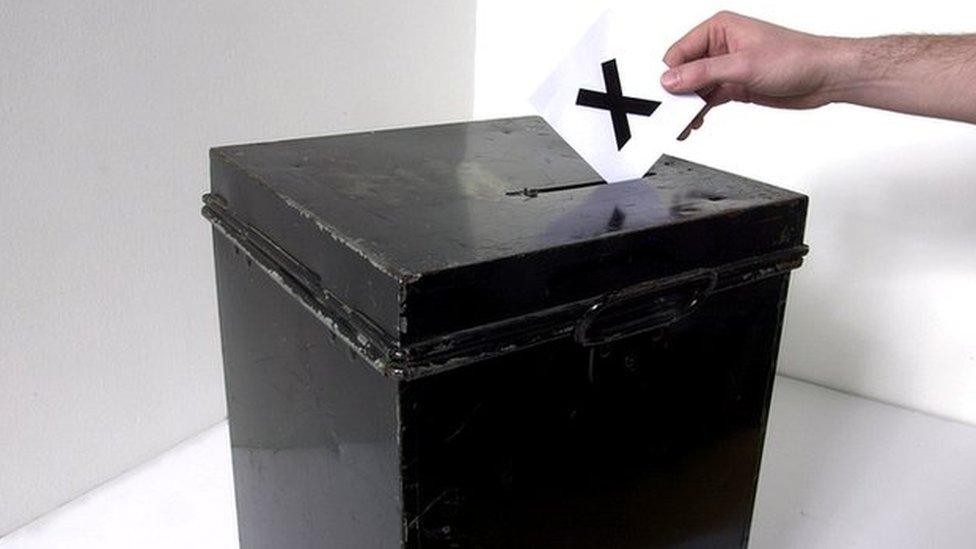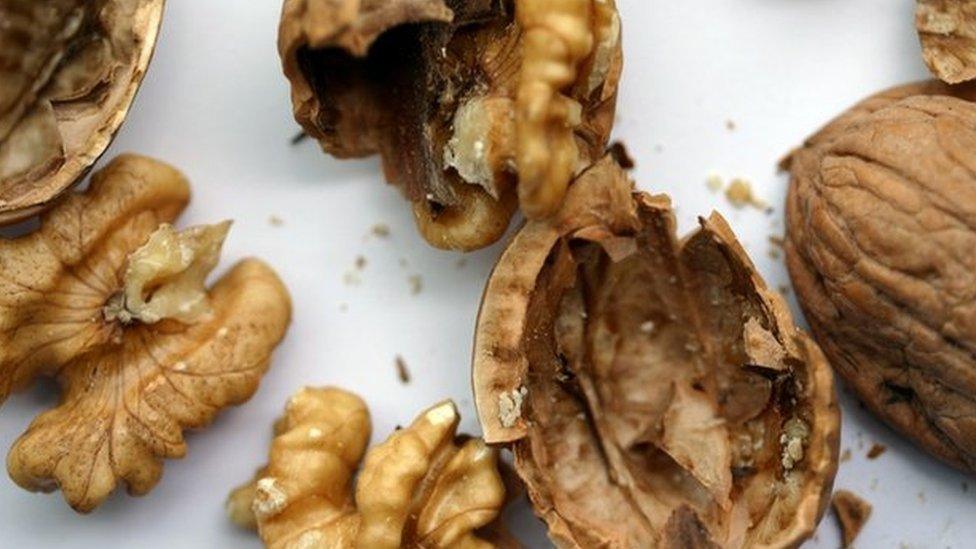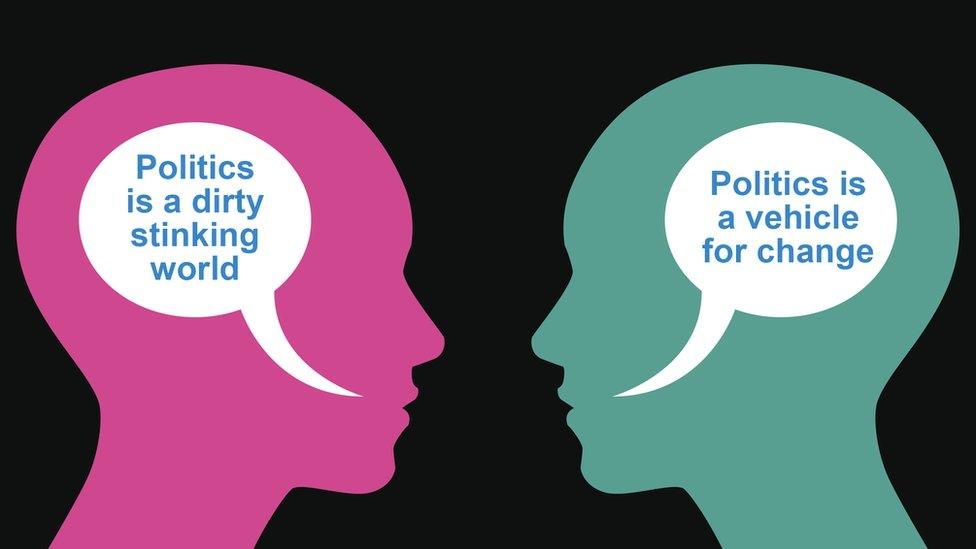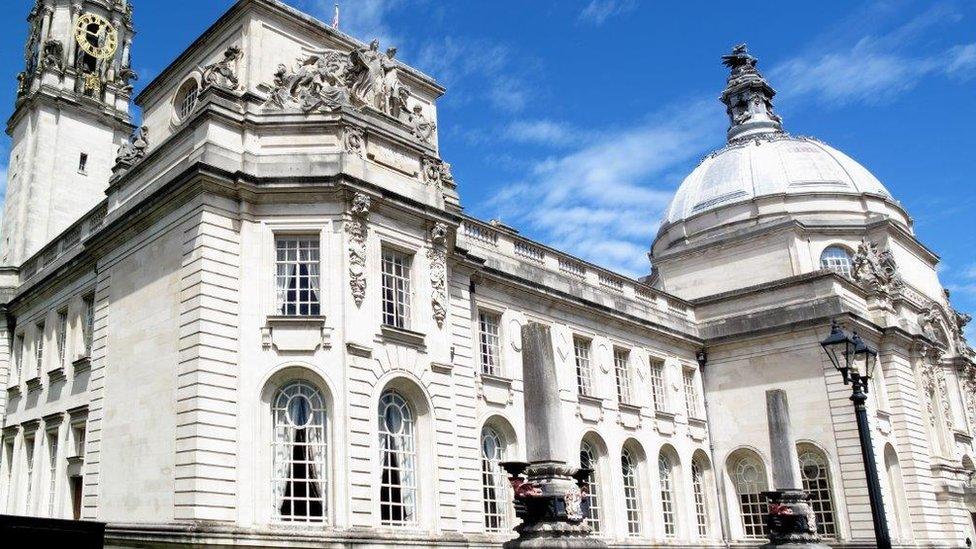Election 'diversity crisis' warning over women standing
- Published
- comments

A "diversity crisis" warning has been issued over the upcoming local elections, with 30% of candidates being women.
Gender equality charity Chwarae Teg and campaigning organisation the Electoral Reform Society (ERS), who analysed the data, called it "disappointing".
On May 4, 3,438 people stand in Wales' 22 council areas, with 1,023 women.
The Welsh Local Government Association (WLGA) said it was working to improve the situation.
In the 2012 council elections, 26% of elected councillors were women with 9% of leaders of authorities female.
Action was called for ahead of the 2021 local elections, with Chwarae Teg and ERS Cymru saying a "best case scenario" would see men fill almost 75% of councillor roles this year.
Chief executive of Chwarae Teg Cerys Furlong said: "Our analysis of candidates ahead of this year's election confirms that there has been little progress over the past five years to ensure that local councillors are more representative of the communities they serve.
"This is disappointing but ultimately unsurprising."
The lowest numbers are in Anglesey and Blaenau Gwent (17%) and highest amount is in Neath Port Talbot (36%).
A third (33%) of all council wards have no women candidates, with 57% in Pembrokeshire and 55% in Gwynedd having men only on the ballot paper.
Slow progress
ERS Cymru director Jess Blair said: "Wales risks falling behind on diversity.
"What this means in practice is that councils will not mirror the people they are meant to represent," she added.
The organisations want councils to look at their structures and culture, to promote relatable female role models and to dispel myths around what being a councillor entails.
Ms Furlong called on local authorities to help create change.
"Positive action, like all women shortlists or quotas, provides the necessary legislative nudge needed by some to prioritise action," she added.
"We would urge local councils to join us in this call and welcome such a move should it become a reality."
In total, 29.7% of candidates in 2017 are women, with Labour having 35.3%, the Liberal Democrats 34.3%, the Conservatives 30.5%, Plaid Cymru 29.2%, the Green Party 28.9%, 23.4% of independents and UKIP 18.5%.
Future Generations Commissioner Sophie Howe - a former councillor herself - said: "What we know is that the vast majority of our councillors are in their fifties and sixties, and straight, white and male.
"They will have different experiences to, say, a single mum, or a young person trying to access work.
"It's really important that we have this kind diverse range of experiences amongst those people who are taking some really important decisions about what happens in Wales."
Sophie Howe suggests a range of measures may be needed
The Welsh Government has a diversity in democracy campaign that uses publicity videos, training and mentoring programmes to encourage more people from under-represented groups to stand for election.
It is being supported by the WLGA which said "progress is disappointingly slow".
A spokesman admitted council chambers do not generally reflect the general population - with women and younger people particularly under-represented.
He added political parties have "a key role to play" in encouraging more people from more diverse backgrounds to come forward and called the idea of quotas "controversial and not widely supported amongst political parties".
The WLGA is surveying councillors standing down to look at barriers.
- Published26 April 2017

- Published21 April 2017

- Published25 April 2017
